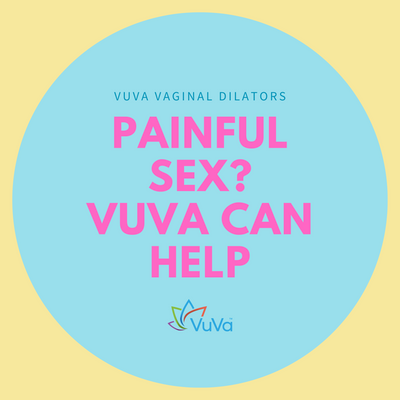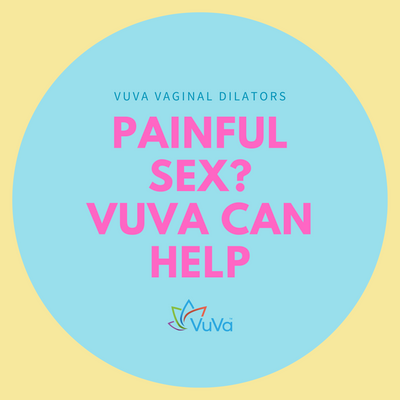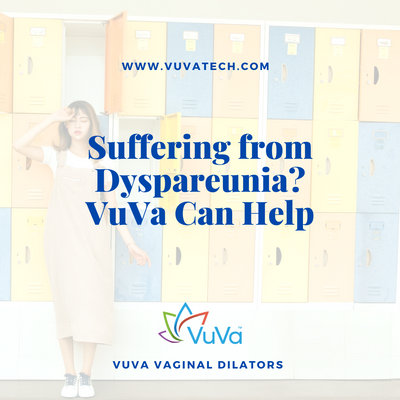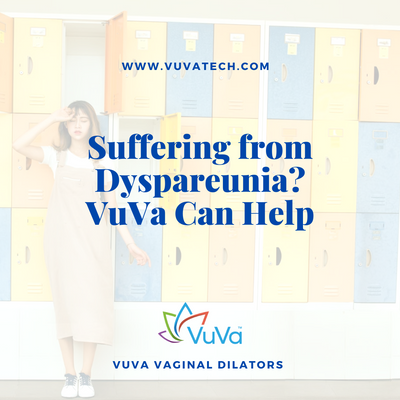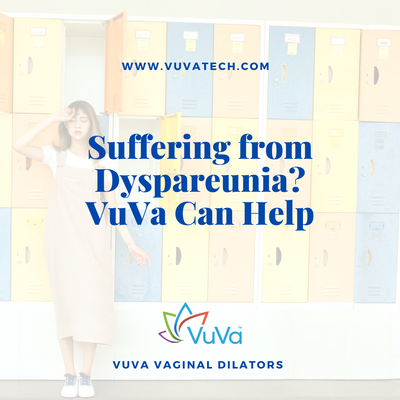
| Tara Langdale
Can Herpes Really Cause Vulvodynia?
If you're struggling with chronic vulvar pain, you want answers. Unfortunately, most vulvar pain may not have a reason and is put into the general category of vulvodynia. However, other conditions like chronic yeast infections and vaginal infections may cause inflamed vulvar skin. One of these may be genital herpes.
The question then becomes whether herpes can cause vulvodynia. If so, then treating genital herpes will reduce chronic pain. In this article, we'll explore whether herpes can really cause vulvodynia.
Can Herpes Cause Vulvodynia?
Since herpes affects the same area of the vagina as vulvodynia, it's natural to consider this connection. Herpes is a lifelong condition with no cure and during outbreaks causes vulval pain that manifests into vulvodynia. In essence, herpes can develop into vulvodynia.
Yet, vulvodynia is complex, and the exact cause of the pain syndrome isn't known, and even if you have herpes, the reason for your vulvodynia may come from other sources as well. If you have HSV-2, resulting in vulvodynia, you can take antiviral medications to ease the pain and inflammation.
First, request an appointment with your doctor to determine a proper diagnosis. After that, you'll undergo screening tests to determine the cause of vulvar pain.
Women with Genital Herpes
According to the World Health Organization (WHO), globally, 3.7 billion people are infected with one form of herpes. Herpes comes from the herpes simplex virus (HSV) and presents as sores in or around the genitals and mouth and other symptoms.
HSV, like vulvodynia, has two kinds.
- HSV-1: It's referred to as oral herpes and affects the mouth and connecting skin.
- HSV-2: It’s a sexually transmitted disease and commonly known as genital herpes.
Oral herpes and genital herpes may be asymptomatic for the most part. When the skin conditions do present, painful blisters and sores around the mouth, vagina, or anus erupt. Some people never have symptoms, and others have ongoing breakouts that cause pain.
Women with Vulvodynia
As a condition in women's health, it needs more research and attention from the medical community. According to the National Vulvodynia Association, vulvodynia is a vulvar pain syndrome that ranges from manageable discomfort to searing pain that makes life unbearable.
Vulvodynia is divided into two categories.
- Generalized vulvodynia: The pain, inflammation, and muscle spasms affect the entire region of the vulva (clitoris, labia minora, labia majora, vagina entrance).
- Localized vulvodynia: The pain affects the vulvar skin in certain places only and may be triggered by touch or during sexual intercourse. It may also be vulvar vestibulitis syndrome, which is provoked by contact.
Vulvodynia pain can be intermittent or chronic. It may present before a woman's first sexual experience or develop at any time in her life.
Vulvovaginal Disorders
For the most part, when diagnosed with vulvodynia, the cause of the pain is unknown. However, vulvodynia patients may have one of the following vulvovaginal disorders.
- Infectious: This includes bacterial vaginosis, genital herpes, HPV, and syphilis.
- Inflammatory: It may come from allergic or contact dermatitis from detergents, soups, or excessive hygiene rituals.
- Hormonal: This is when you have low estrogen, which causes atrophic vulvovaginitis or extreme dryness and thinning vaginal skin.
- Skin conditions: Presents as lesions on the skin and may be from lichen planus, lichen simplex chronicus, or lichen sclerosus.
- Neurologic: The pain may come from pudendal neuralgia. The condition is nerve damage to the essential pudendal nerve in the pelvic region. Other associated conditions include interstitial cystitis, irritable bowel syndrome, and fibromyalgia.
Vulvodynia Treatment
If possible, determine the cause of chronic vulvar pain before treatment. If it is genital herpes or another condition, your treatment plan may include one or more of the following.
- Certain medications (tricyclic antidepressants or antiviral drugs)
- Elimination of potential irritants (soaps and detergents)
- Wear 100% cotton undergarments
- Restricting foods with high oxalate content
- Surface electromyographic (sEMG) biofeedback
- Physical therapy using vaginal dilators
Vaginal Dilators
Chronic pelvic pain may come from weak pelvic floor muscles. The vulvar tissue may need to be slowly strengthened and lengthened to ease pain and inflammation. One trusted method is physical therapy using vaginal dilators.
Vaginal dilators are medical devices inserted into the pelvic floor or used outside of the vulva in the area affected by vulvodynia and genital herpes. Herpes doesn't usually leave scars but can if the sores break and open, leaving the skin tarnished.
As they heal, scars may form, resulting in painful tissue, scabs, and chronic pelvic pain. Using vaginal dilators to break up scar tissue when not symptomatic may alleviate the pain. You mustn't scratch or clean or rub the herpes blisters aggressively when present.
Women with vulvar pain for vulvodynia and herpes experience shame, pain, and long term emotional effects. If herpes causes vulvodynia, you don't have to live forever in misery. There are solutions that work. Try vaginal dilators and begin to see the possibilities.
Do you need to order vaginal dilators so you can start your pelvic floor therapy process? Made in the USA. Visit www.vuvatech.com
VuVa Helpful Links:
How do Neodymium Vaginal Dilators work?
7 Reasons for a Tight Vagina and How to Loosen
How to Relax Vaginal Muscles, Vaginismus & Sex
Vaginal Stretching - Keeping in Shape with Dilators
Do Dilators Really Work? Yes, and They can Improve Your Sex Life!
Shop for VuVa Vaginal Dilators
Tara Langdale Schmidt is the inventor of the VuVa Dilator Company. She has pelvic floor dysfunction herself and wanted to create a dilator set that is made in America that women can trust. VuVatech has been in business since 2014 and has helped over 50,000 women all over the globe. She patented the Neodymium Vaginal Dilator, that is clinically proven to help with blood flow and nerve pain.
Podcast Episode 22: Tara Langdale-Schmidt
What’s on Your Vagenda? Click here

